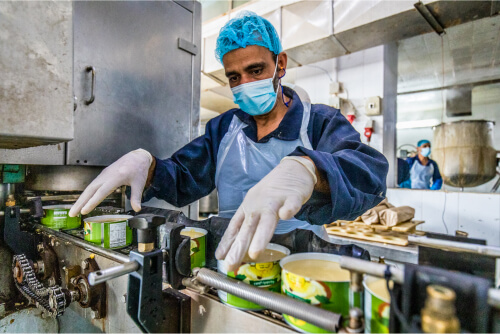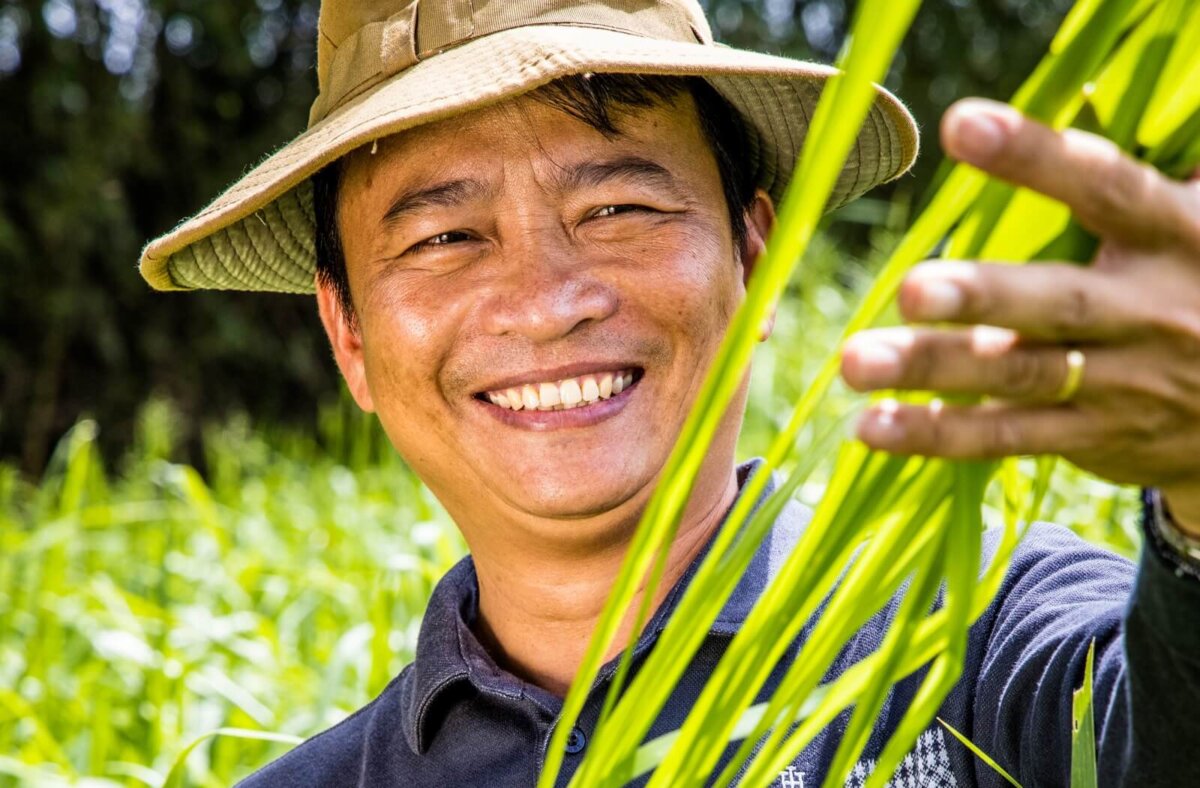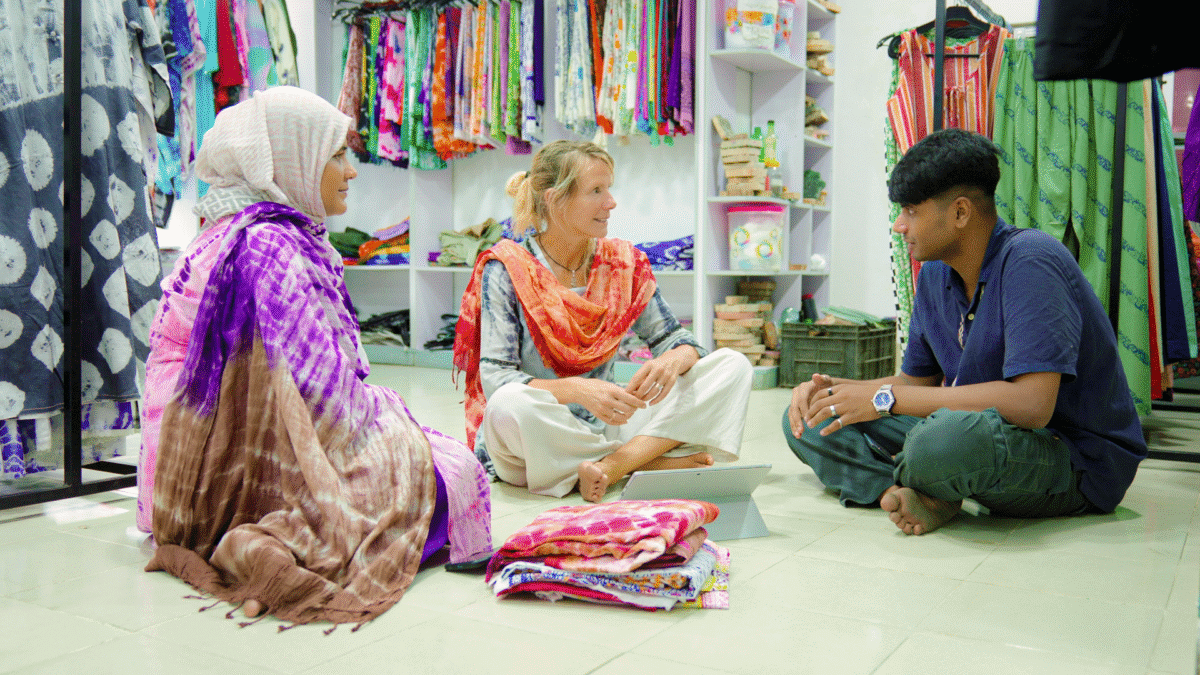Collaborate with PUM
Are you looking to strengthen and grow your business sustainably and build a brighter future for your community? Are you an organisation that supports SMEs and do you want to collaborate with PUM? Register as PUM client and send us your application.
Check our criteria
PUM works with small and medium-sized enterprises (SMEs) as well as entities that support them. For both SMEs and business support organisations, it’s important to ensure that you meet our criteria.
Review further below in which countries and sectors we are active.
Criteria for SMEs
You can apply as an SME if:
- your business is at least 2 years old
- you have between 10 and 250 full-time employees
- your annual revenue is between €10,000 and €5 million euros
- your business is privately-owned (more than 50%)
- the owner(s) live in the country where the business operates
- your business is not part of a foreign franchise
- your business is not part of a foreign holding, or a local holding with a total annual revenue of more than €5 million euros
- expertise is not accessible or affordable locally.
Criteria for organisations supporting SMEs
You can apply as an organisation if:
- your organisation is at least two years old
- you have between 10 and 250 employees
- your annual budget is maximum €5 million euros
- your leadership is based in the country where the organisation operates
- you clearly show how you support SMEs or the private sector
- expertise is not accessible or affordable locally.
Additional criteria for incubators:
- have supported at least 5 start-ups in the past year
- have a yearly budget of at least €5,000
- be able to support at least 10 SMEs per year
- have at least 3 employees
What to expect when your application is accepted
When we work together, you agree to:
- Pay for accommodation and local transport for the expert
- Arrange and pay for a translator if needed
- Be actively involved during the full project
- Work in line with basic responsible business standards (no child labour or forced labour; not operating in weapons and ammunition, radioactive materials, gambling and casinos, pornography and prostitution, racist and anti-democratic media)
- Share project information for evaluation and follow-up (data is handled securely according to our privacy policy.)
We operate in 22 sectors

We are active in 30 countries across the globe

How it works in practice
Once your request for advice has been approved, the collaboration with PUM starts. Together we will define a Plan of Approach describing your request and how we will collaborate in further detail. How does it work from there?
Plan of Approach and agreement
We sign an agreement, which includes the Plan of Approach. Based on the Plan of Approach we find the most suitable expert for you.
Preparing for the project
Once you have agreed to the expert PUM has matched you with, you start the preparations for the project. The expert will contact you to collect more information and clearly define the project. The outcome will be described in a Work Plan.
Travel arrangements
In case of a project on location, PUM takes care of the expert’s travel expenses, including airplane tickets, insurance and visa costs. However, we request clients to cover accommodation, meals, interpreter fees (if needed), and local transportation.
Execution of the project
The expert will spend the first day(s) of the project getting to know your organisation, market, bottlenecks and dilemmas. Together, you will focus on addressing your initial question, but you may also explore further. You might identify opportunities to not only make your business more profitable but also more sustainable, cleaner, safer, and efficient. Furthermore, you will also explore possibilities beyond your business to create a lasting positive impact on your community.
The Client Report
At the end of the project, you will receive a report from the expert with advice and possible recommendations for implementation. The expert will be available for remote consultation and feedback.
Monitoring and Evaluation
Some data collected with the application form will be used as baseline data. You will receive an annual follow-up survey until two years after the project completion to monitor and evaluate changes against the baseline. The evaluation survey after the project completion will be used for learning and improvement.




